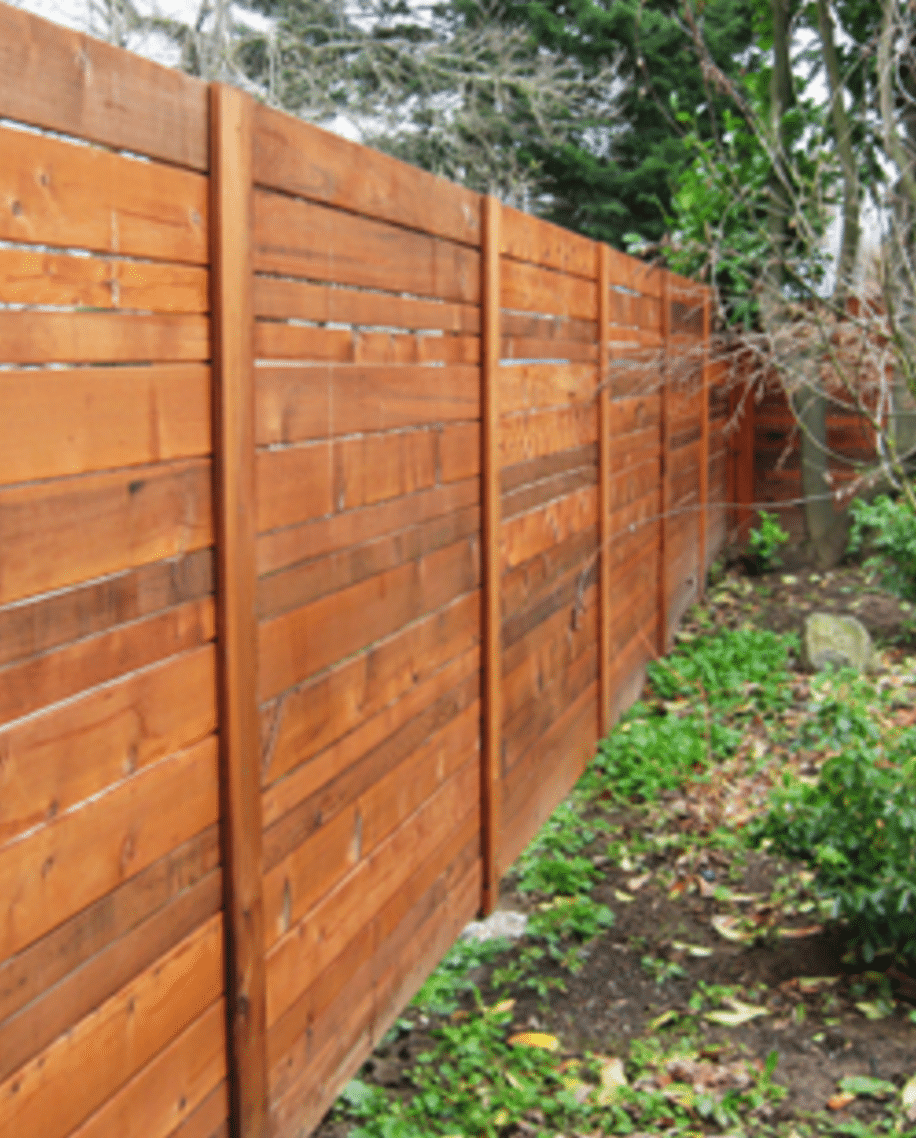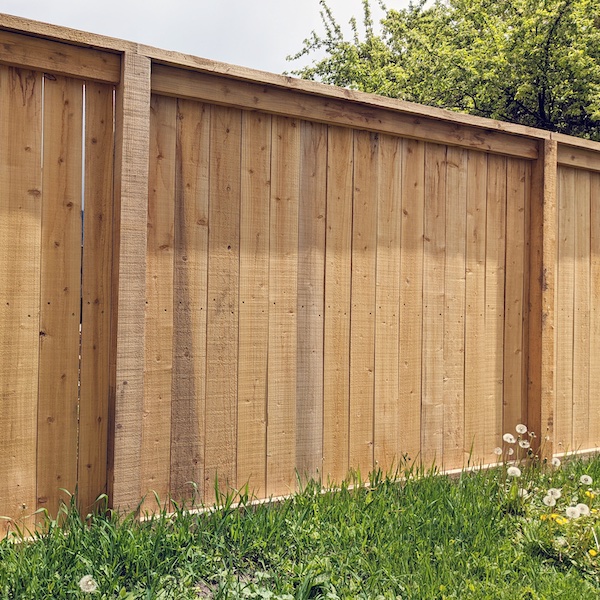All Categories
Featured

When setting up a fencing, picking the right product is key to stabilizing functionality, visual appeals, and budget. Wood, vinyl, and light weight aluminum are among one of the most commonly picked secure fencing materials, each with its downsides and staminas. This guide explores the pros and disadvantages of these alternatives to assist you make a notified choice.

Wood Secure Fencing. Pros:. Natural Elegance: Timber's classic appeal can enhance any kind of building with its timeless and warm look. Personalized: You can paint, discolor, or sculpt timber to fit your style preferences. Economical: Timber secure fencing is originally much more budget-friendly compared to some other materials. Eco-friendly: As an eco-friendly source, timber is eco-friendly and frequently considered eco-friendly. Disadvantages:. Maintenance-Intensive: Routine securing, painting, or discoloration is required to avoid damages from weather condition and parasites. Prone to Decay: Without proper treatment, wood can rot, warp, or fracture over time. Shorter Life expectancy: On standard, timber fencings last 10-15 years, depending upon the kind of timber and maintenance. Wood is a wonderful option for those who value aesthetic appeals and agree to spend in routine upkeep to protect its look and resilience.
Vinyl Fence. Pros:. Reduced Maintenance: Plastic needs very little care-- simply periodic cleansing with soap and water. Weather Resistant: It does not warp, rot, or catch insect damages, making it highly sturdy in various climates. Long life: Plastic fences can last 20-30 years with little to no repair work. Layout Selection: Available in a wide variety of appearances, colors, and styles, including wood-like looks. Disadvantages:. Greater Preliminary Cost: Vinyl fences are much more expensive upfront contrasted to wood. Vulnerability to Cold: In extremely cool weather condition, plastic can end up being prone and weak to cracking. Restricted Repair Work Options: Matching replacement panels can be challenging if damages happens. Plastic secure fencing is optimal for home owners searching for a lasting, low-maintenance service that uses modern convenience.

Light Weight Aluminum Secure Fencing. Pros:. Rust-Proof: Light weight aluminum resists deterioration, making it an exceptional selection for damp or wet atmospheres. Long lasting: Regardless of being light-weight, aluminum is solid and can withstand rough weather. Reduced Maintenance: It calls for very little upkeep, normally just occasional cleansing. Long Life expectancy: Light weight aluminum fencings can last decades without significant damage. Stylish Layout: Typically made use of for ornamental objectives, light weight aluminum fencing includes a streamlined, sophisticated appearance to homes. Disadvantages:. High Initial Financial investment: Light weight aluminum fences are among the costlier alternatives on the market. Less Personal privacy: The open layouts typical with aluminum secure fencing do not provide much personal privacy. Vulnerable to Damage: While long lasting, aluminum can damage if hit with adequate pressure. Light weight aluminum is a superb selection for home owners focusing on appearances and resilience without needing much upkeep.
Making Your Decision. When making a decision between timber, plastic, or aluminum fencing, consider your concerns:
Timber fits those that value a natural appearance and do not mind placing in upkeep initiative. Vinyl is the most effective alternative for those looking for a low-maintenance, weather-resistant service. Light weight aluminum offers streamlined design and long-lasting durability yet might lack personal privacy. By meticulously assessing these products' attributes, you can choose a fence that enhances your home while satisfying your functional and aesthetic needs.
Latest Posts
Customized Wide Range Administration with WyHy Federal Debt Union
Published Apr 20, 25
1 min read
Why Select Washington Fencing Specialty Products
Published Apr 20, 25
1 min read
Courtside Snack Shack: Quick Bites for Sports Enthusiasts
Published Apr 20, 25
1 min read